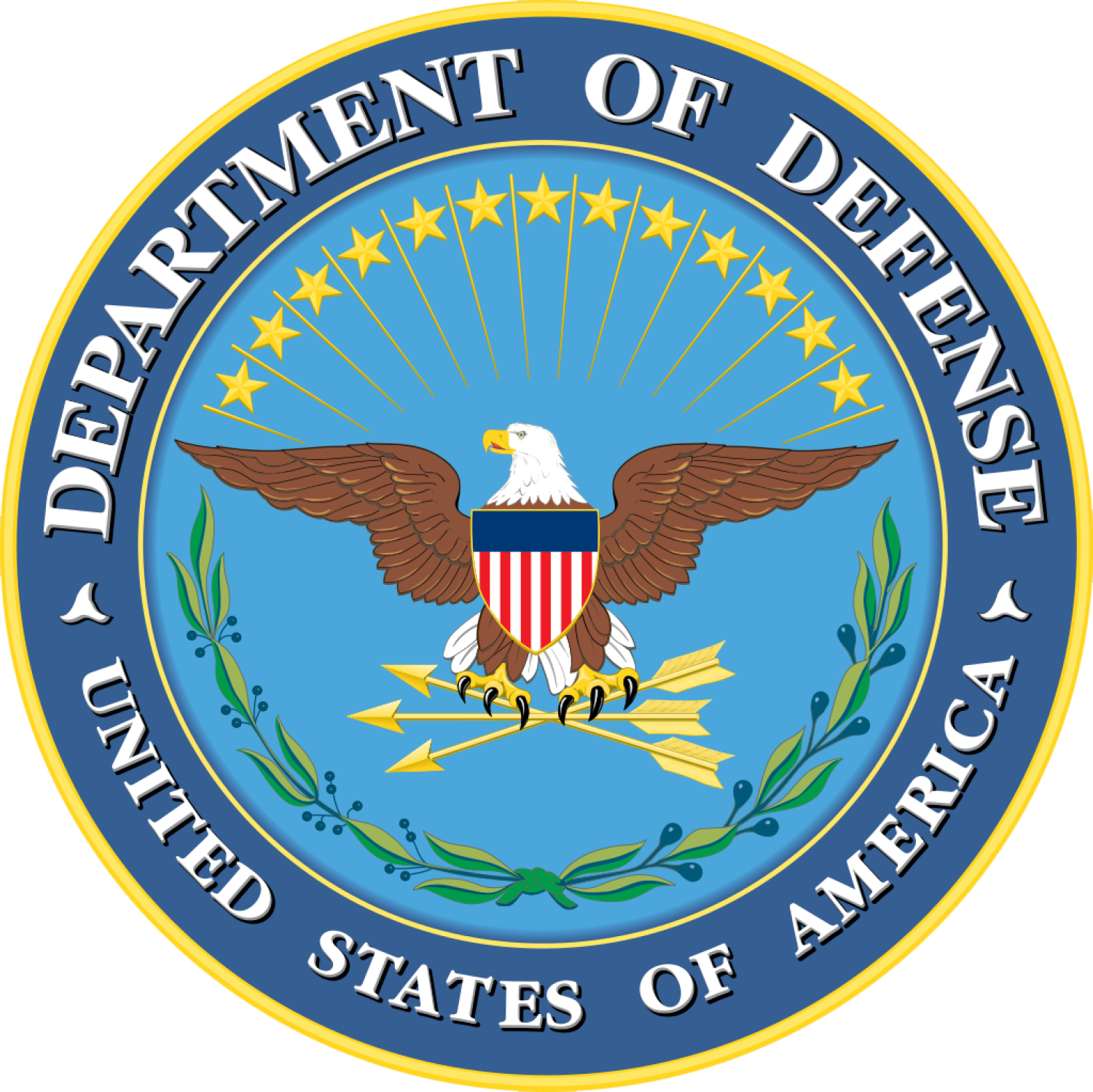Three aerospace students earn major Department of Defense fellowship

Three University of Colorado Boulder aerospace PhD students have earned prestigious 2022 National Defense Science and Engineering Graduate (NDSEG) Fellowships.
Jenny Horing, Renee Spear, and Mitchell Wall are each receiving the Department of Defense award, which provides three year fellowships to promising young scientists and engineers.
NDSEG, which regognizes up to 500 people across the country each year, is designed to promote education in science and engineering disciplines relevant to the Department of Defense mission.
Find out more about our honorees' research below.
Categories: News

